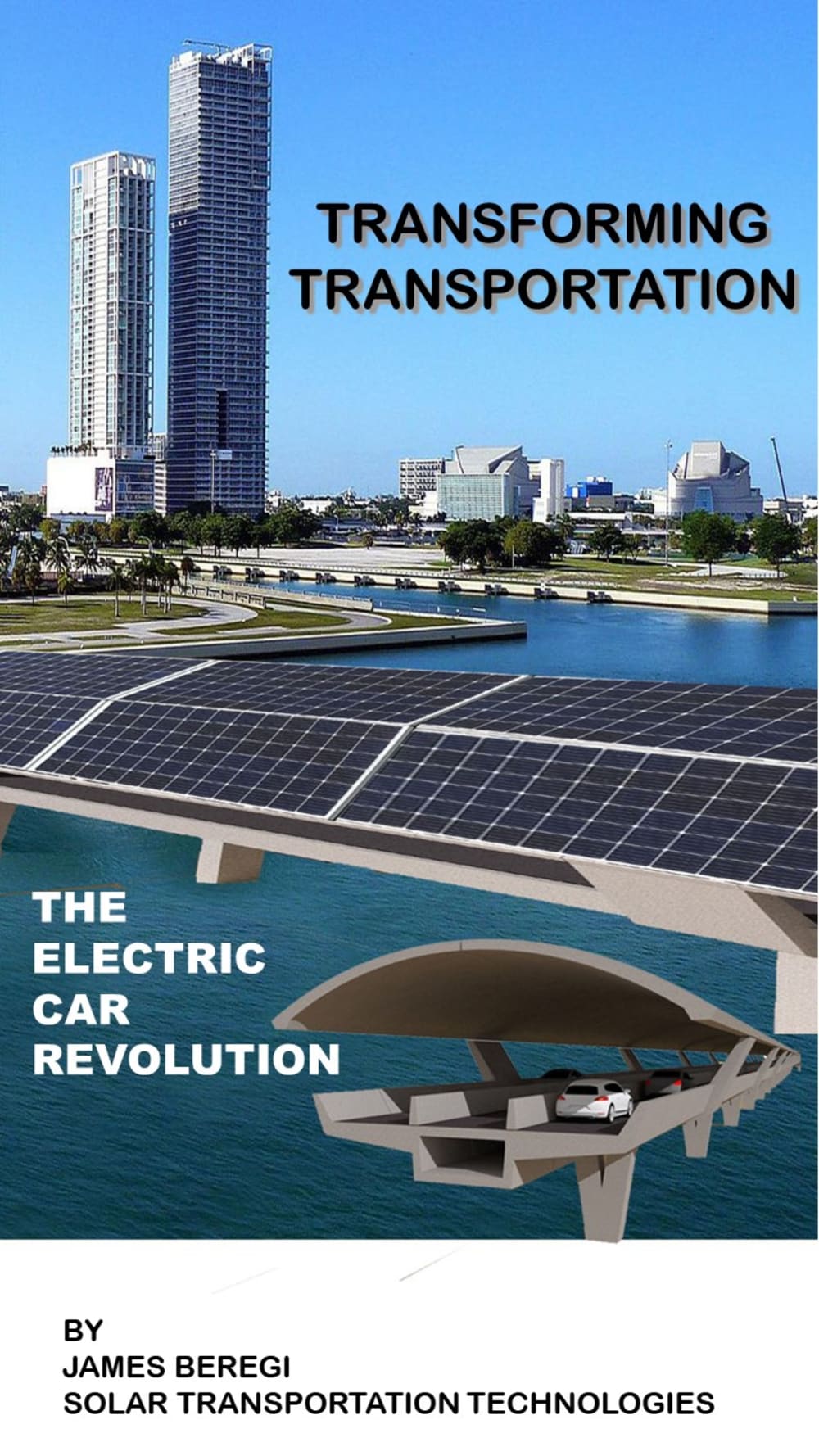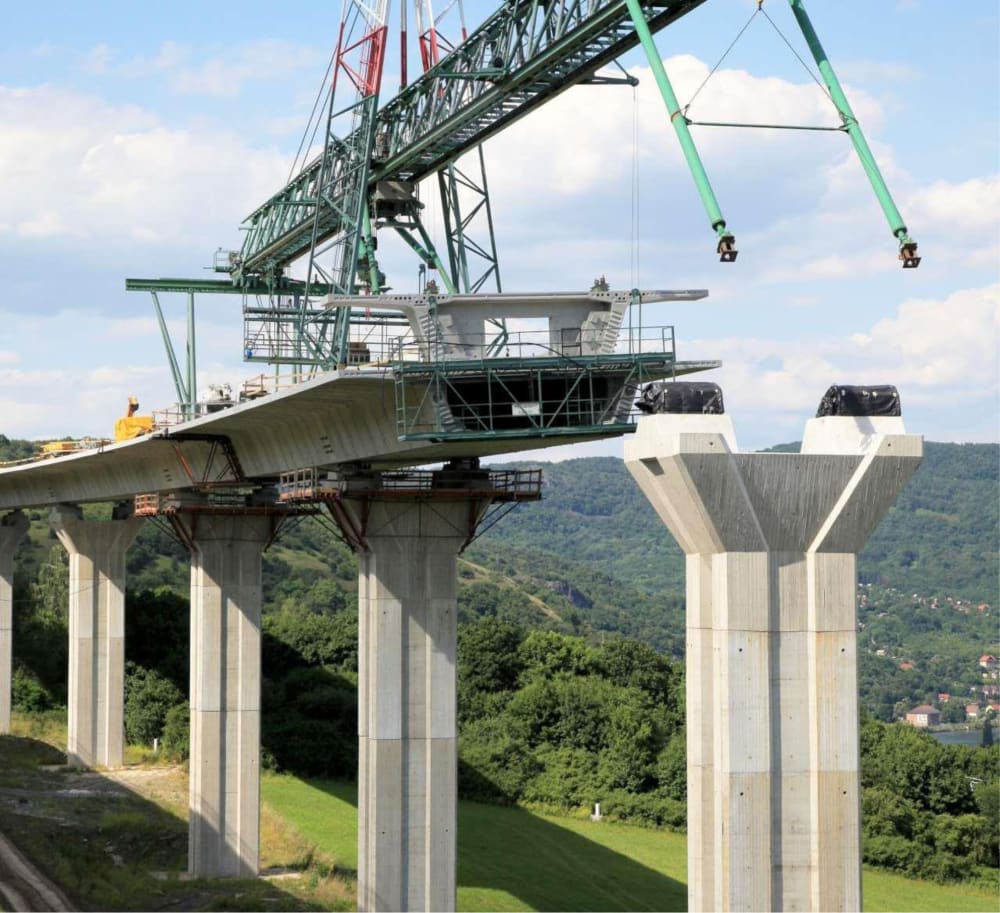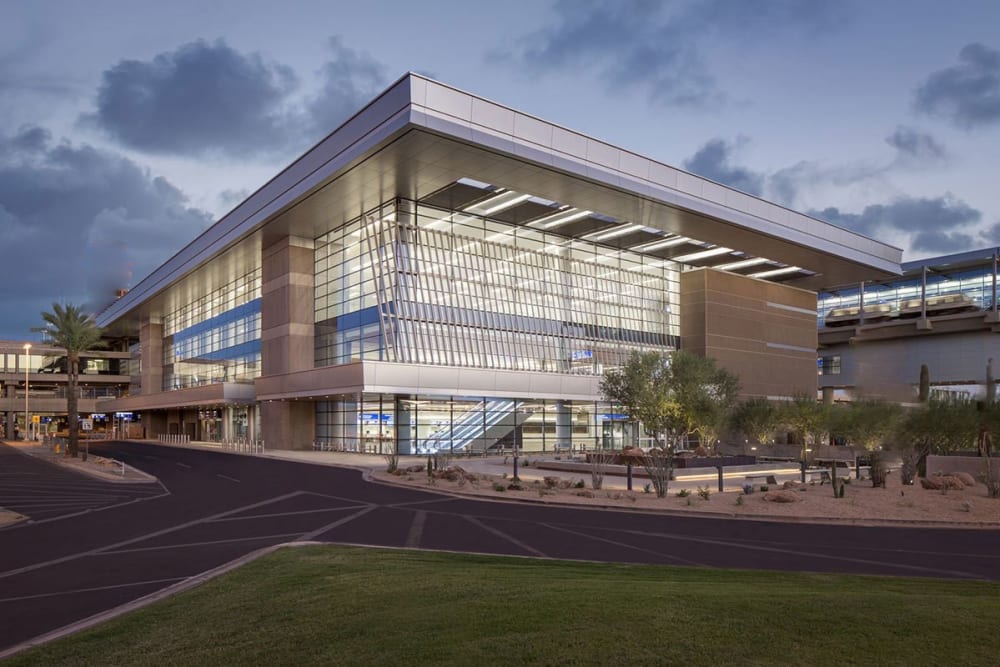Now is the time to build new infrastructure and transform the way we travel. Engineers are creating autonomous self-driving vehicles that could produce a transit service that is convenient and low-cost. Combine that with the emergence of electric vehicles of all types, and we have the makings of a new mode of green travel. Add to that a new roadway infrastructure that can control and power electric cars as they travel, and we have a new nationwide travel service. Next, add solar power to run the vehicles, and we have transformative, green, sustainable travel for all. No longer will it be necessary to own a car for convenience when traveling anytime or anywhere. Transportation is about to enter a new area of low-cost, anywhere/anytime travel service. Equitable travel for all will soon be possible, ending the advantages that owning a car currently has.
The United States has a transportation challenge that requires simultaneously addressing five issues: traffic congestion, environmental pollution, safety, infrastructure, and weather delays.
- INRIX estimates that in the United States, at least, drivers lost more than $88 billion due to congestion in 2019, with the average cost for each of them coming to $1,348.
- Transportation, in general, generates 28% of CO2 emissions nationwide.
- Highway accidents kill more than 36,000 people per year.
- A total of $177 billion in capital investment will be needed annually for infrastructure upgrades/repair.
- Weather Delays: Estimates for 2019 are $33 billion.
We propose a high-speed, automated roadway that uses solar energy to power electric vehicles as they travel.
Autonomous electric vehicles would access an elevated, three-lane toll road which would power and control the vehicles as they travel. This revolutionary, covered, weatherproof, solar-powered system will be designed for both passengers and freight. It will outperform today’s cars, trains, and even short-haul flights with low-cost, highspeed (140 mph/(225.3 kph), nonstop transport from entry station to exit station. The estimated usage cost is 54¢ per mile. According to AAA, the average cost to own and drive a car is about 59¢ per mile (before gas doubled in price). The proposal creates mass transit with private vehicles, significantly reducing the chance of exposure to infectious diseases.
The proposal is to build a door-to-door, solar-powered National Transit Service (NTS)™.
Like this entry?
-
About the Entrant
- Name:James Beregi
- Type of entry:individual
- Profession:
- Number of times previously entering contest:3
- James is inspired by:Solving Problems.
- Software used for this entry:Several
- Patent status:patented








